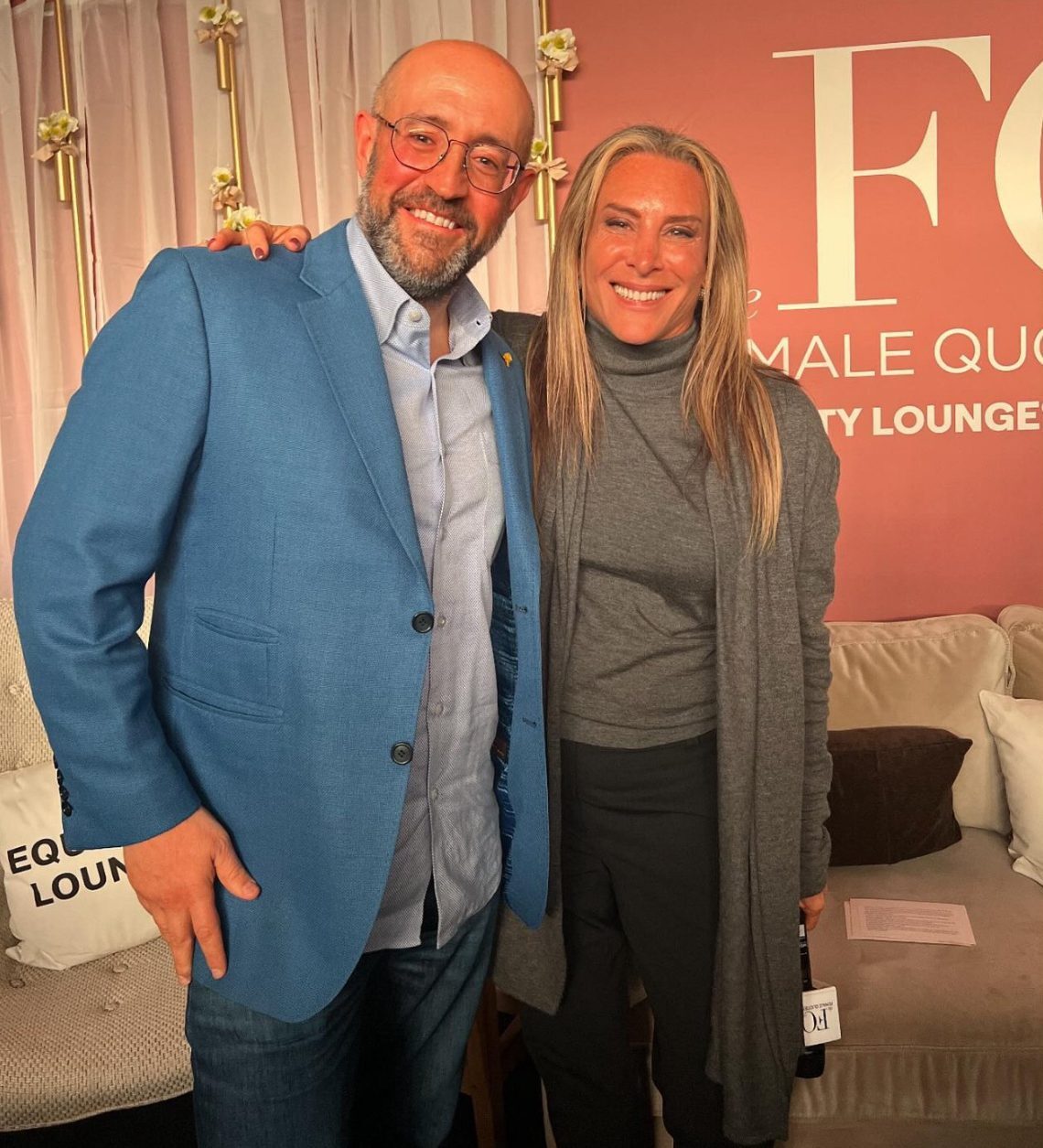For two decades, the Rosenzweig Report has tracked the presence of women in corporate leadership, revealing both progress and persistent barriers. This year, as DEI initiatives face growing scrutiny, the 20th Annual Rosenzweig Report stands as a reminder that gender equality in leadership is not just an aspirational goal, it’s an economic and social necessity.
Advancing Women in Leadership
This year’s Rosenzweig Report marks an all-time high in female representation among Named Executive Officers (NEOs) at Canada’s largest publicly traded companies. Women now hold 12.52% of these top positions, up from 11.90% last year. When the report first launched in 2006, only 4.6% of NEOs were women. While these gains are worth celebrating, progress remains slow, and reaching 30% representation is still decades away.
Some companies are making strides, with Lululemon Athletica, The Co-operators Group, and Capital Power Corporation leading the way with three female NEOs each. Despite these advances, Canada’s five largest banks collectively count just two women among their 26 NEOs, and male executives still hold 87.5% of high-ranking roles. BIPOC women remain underrepresented, with only 10 among the 66 female NEOs, and just three at Canada’s top 50 corporations.
The State of DEI
Once widely embraced as a driver of strong organizations, DEI initiatives now face increased scrutiny. Some argue that these programs need refinement to ensure they enhance opportunities without creating unintended barriers. However, research continues to show that companies with diverse leadership consistently outperform their competitors. Those committed to inclusion — such as Goldman Sachs, Microsoft, and Costco — recognize that broadening the talent pool strengthens organizations and drives innovation.
Beyond Business: The Global Struggle for Women’s Rights
Corporate gender equality is only part of the picture. Across the globe, women continue to face systemic barriers to advancement, economic opportunity, and safety. From regions experiencing conflict to communities fighting for legal and workplace protections, challenges remain. The importance of advocating for women’s rights extends beyond the corporate world, it is a fundamental human rights issue requiring sustained attention and action.

A Call to Action
For 20 years, the Rosenzweig Report has documented slow but steady progress in women’s corporate leadership. Yet, with DEI programs under scrutiny and broader challenges to gender equality, the road ahead remains uncertain. Businesses and leaders must decide whether to accelerate change or risk stagnation.
Jay Rosenzweig, the driving force behind this report, remains steadfast in his commitment to a more inclusive future. “We don’t publish this report to celebrate small wins; we do it to remind the world how far we still have to go.” To exceed 30% representation, at least 150 women NEOs will be needed — an increase of approximately 95 from today. It has taken 20 years to move from 23 to 66. At this pace, reaching that goal will take decades, not years.

Progress in the workplace is essential, but true equality cannot be achieved in isolation. Women continue to face significant barriers — not only in corporate leadership but in economic opportunity, human rights, and personal dignity. With the dedication of advocates and leaders like Jay, and the collective will to act, we can — and must — accelerate the pace of change.








